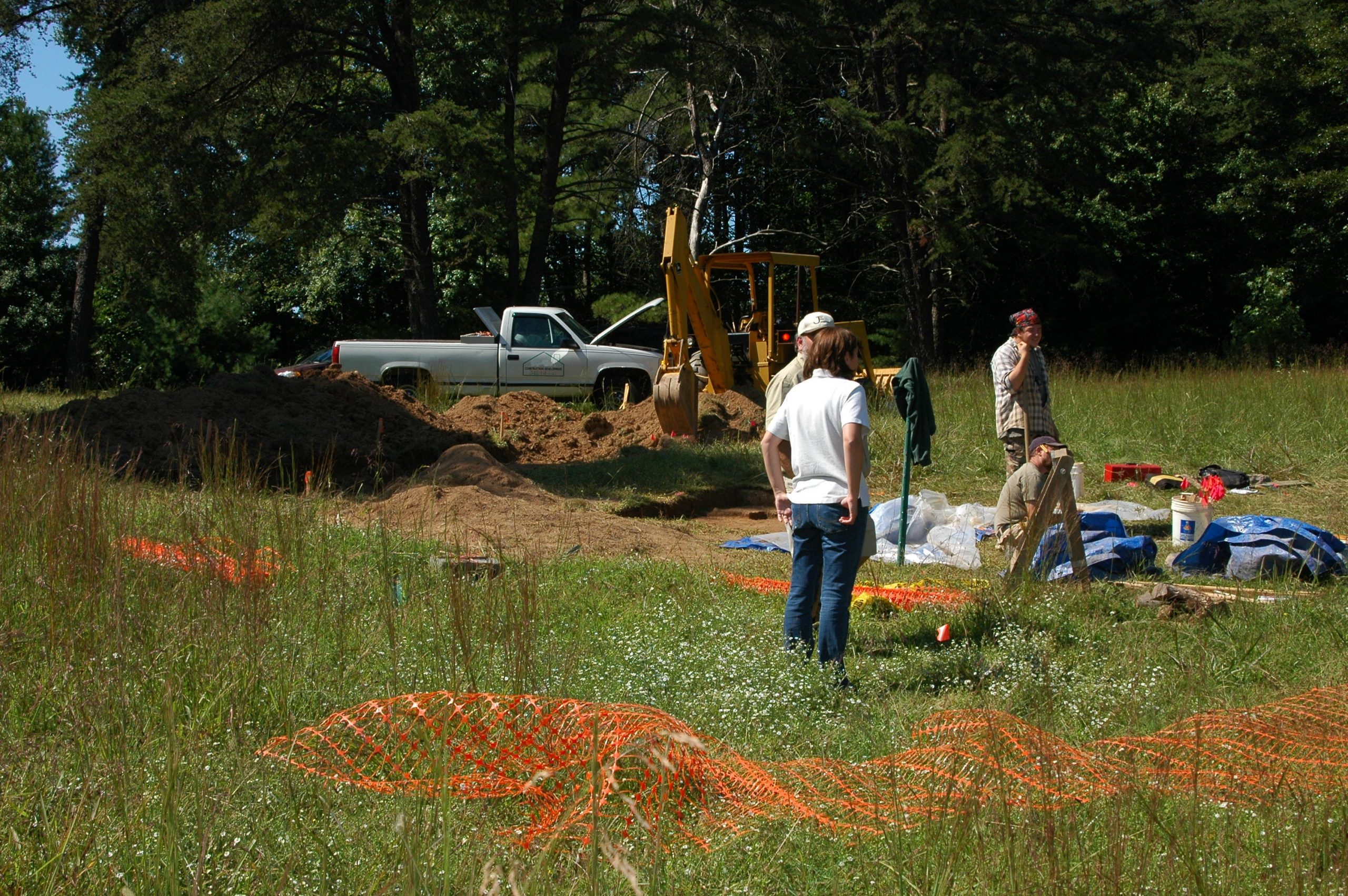The Importance of Archaeological Consultancy in Modern Development Projects
الجسم
In today's fast-paced world of urban development and infrastructure projects, preserving our cultural heritage often takes a back seat to progress. This is where Archaeological Consultancy Services play a crucial role, bridging the gap between development needs and historical preservation.
These services, offered by firms like Archaeological Consultancy Services Ltd, Archaeological Consultants Inc, and Archaeological Research and Consulting Services, are vital in ensuring that construction projects proceed in compliance with archaeological regulations and ethical standards.
The Role of Archaeological Consultancy in Development Projects
Archaeological consultancy services are fundamental in modern development projects for several compelling reasons. One of the primary objectives is to conduct thorough Archaeological Assessmentsz, which include Stage 1 background assessments, Stage 1-2 archaeological assessments, and Stage 3 Site Specific Assessments. These assessments are critical in identifying archaeological resources within proposed development areas.
- Preservation of Cultural Heritage:

Archaeological Consultancy Services prioritize the preservation of cultural heritage sites. They ensure that historical artifacts, ancient structures, and burial grounds are identified and protected before any ground is broken. By conducting detailed surveys and assessments, these services mitigate potential damage to valuable archaeological resources.
- Compliance with Regulations:
In countries like Canada, where organizations like the Ontario Association of Professional Archaeologists set stringent guidelines, Archaeological Consultants Canada and Archaeological Consultants Ontario ensure that all development projects comply with legal requirements. This includes navigating through provincial and federal regulations to secure necessary permits and approvals.
- Mitigating Project Risks:

Engaging Archaeological Consulting Firms early in the planning stages reduces risks associated with unexpected archaeological discoveries during construction. These firms provide expert advice on site-specific strategies for excavation, preservation, and even relocation of archaeological finds.
- Enhancing Public Engagement:
Archaeological consultancy services also facilitate public engagement and stakeholder consultation processes. By involving local communities and indigenous groups in archaeological research and decision-making, they foster understanding and support for development projects.
- Supporting Sustainable Development:
Beyond compliance, Archaeological Consultants play a pivotal role in promoting sustainable development practices. They advocate for integrating archaeological considerations into environmental impact assessments, ensuring that historical and natural resources are harmoniously managed.
The Bottom Line
In conclusion, Archaeological Consultancy Services are indispensable partners in modern development projects. From initial Stage 1 background assessments to the detailed Stage 3 Site Specific Assessments, these services safeguard our cultural heritage while enabling responsible progress. Organizations like Archaeological Research Associates exemplify the dedication and expertise needed to balance development needs with historical preservation.
As urbanization continues to reshape our landscapes, the importance of Archaeological Consultancy Services in maintaining a connection to our past cannot be overstated. Their role extends far beyond compliance; they are stewards of our shared history, ensuring that future generations can appreciate and learn from the rich archaeological tapestry woven into our modern world.











تعليقات